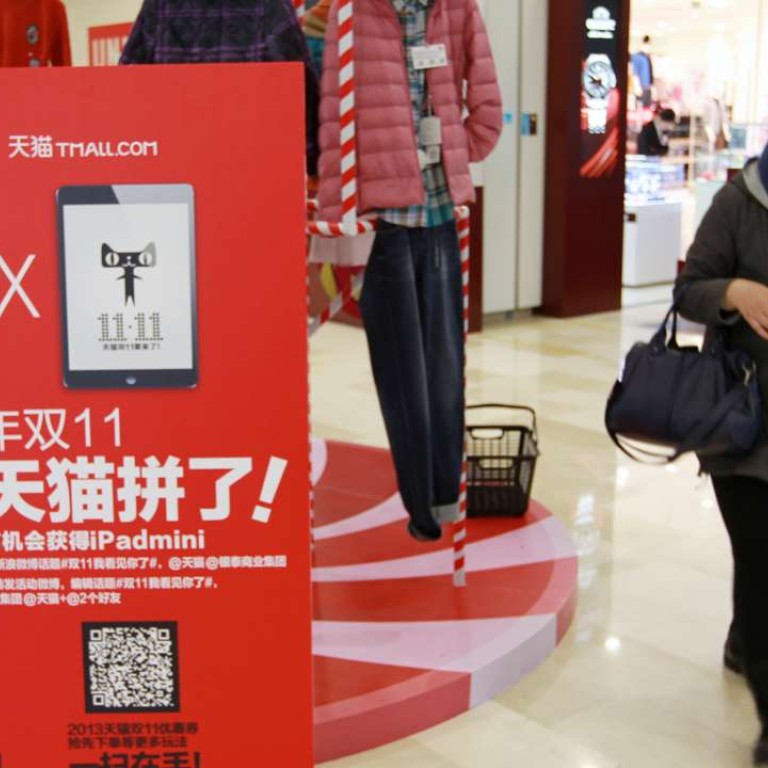
Chinese shopping centre operator Intime turns stores into hot spots amid better-than-expected results
Net profit fell 21.3 per cent to 561 million yuan from 713 million yuan from a year earlier, according to the company’s filing to the Hong Kong stock exchange, edging past average analyst estimates of 546 million yuan in a Bloomberg survey.
Retail revenue for the same period rose 2.3 per cent to 2.73 billion yuan year on year.
The Beijing-based company runs more than 30 mid-to-upscale department stores across mainland China. They are home to a broad portfolio of global luxury fashion brands such as Chanel and Burberry.

“The future of consumer retail will be a combination of both the online and offline experience,”said Intime chairman Daniel Zhang Yong, who was also appointed chief executive of Alibaba Group in May last year.
“We are witnessing the modernisation of Chinese consumers, and that will only make the market more challenging for traditional retailers.”
In 2014, the Chinese e-commerce behemoth, which owns the South China Morning Post, poured 1.7 billion yuan into the traditional retail giant in a deal making it Intime’s largest shareholder. That was also Alibaba’s first foray into a physical store.
We are witnessing the modernisation of Chinese consumers, and that will only make the market more challenging for traditional retailers
Ahead of the earnings release, China Investment Securities analyst Ada Liu told the Post: “Mainland mall operators are losing their shine to their online rivals, but Intime is an outperformer given its streamlined supply chain that has squeezed online and offline price dispersion.
“In addition, we expect Intime’s O2O elements to bear fruit this year as it developed a number of mobile apps to lure customers, particularly millennial urbanites, back to physical stores, with the help of Alibaba’s big data.”
Before the announcement on Tuesday, Intime’s shares gained 3.14 per cent to settle at HK$6.90 at the close of trading. The shares have risen 21 per cent in the past six months.
The company maintained its interim dividend at 10 HK cents per share.
Market watchers anticipated Intime to become a test bed for Alibaba’s integration of in-store shopping with its online payment service Alipay as traditional retailers were increasingly seen as a “sunset industry” in a digital age.
Intime also managed to draw more traffic by extending dining and entertainment offerings in its malls, where people go for recreation and leisure as much as for shopping.
However, Jefferies analysts led by Jessie Guo, who gave the stock a hold rating, wrote in a note last month that Intime’s management believed the offline retail outlook would remain bleak in the coming three to five years.

